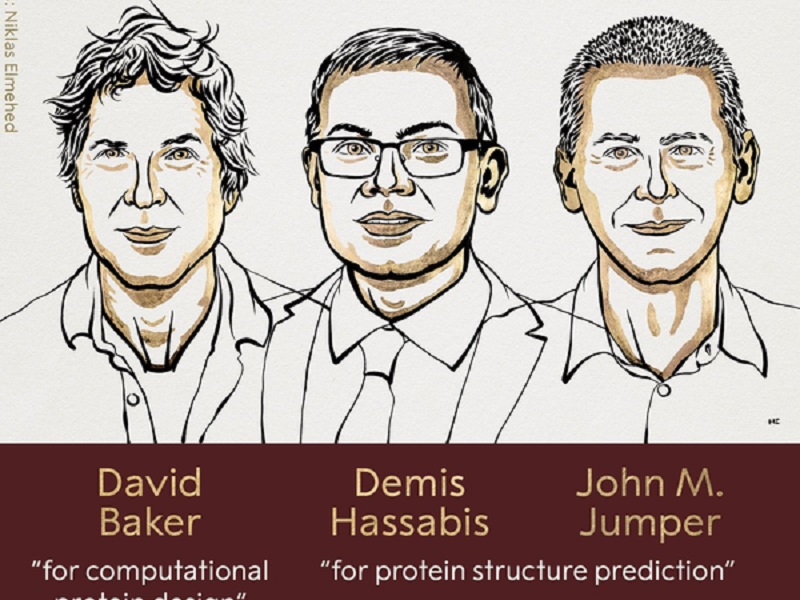Place your adverts here on InfoDig @ low rates; banner ads, sponsored links and guest articles etc. Contact us
Sponsor of Nigeria’s Climate Change Act and former Member House of Representatives, Mr Sam Onuigbo has stated that renewable energy can provide the energy needed by the country to fully industrialize.
Onuigbo emphasized this during series of interventions he made during the 14th International Renewable Energy Agency (IRENA )Assembly.
Reiterating that Nigeria has a huge energy market, the former National Lawmaker said that the government has also create enabling environments for the flourishing of investments in renewable energy in line with the Renewed Hope agenda of President Bola Ahmed Tinubu GCFR.
Mr Onuigbo who is also a Member representing the South East on the Governing Board of the North East Development Commission (NEDC), urged international investors to take maximum advantage of this opportunity both for the growth of their businesses, and the country’s growth.
“I advised international investors not to repeat the mistakes made by their predecessors during Nigeria’s telecommunications’ sector revolution which saw many of them lose out on the huge market due to wrong perceptions and poor business calculations and decisions.” He stated.
Mr Onuigbo also commended the government commitment in taking concrete steps to provide fertile grounds for the country to benefit from the global ambition of tripling renewable energy capacity by 2030.
” That the Constitutional amendment that removed electricity from the Exclusive List to the Concurrent List and the subsequent enactment of the Electricity Act 2023 with provisions for off-grid and mini-grid generation and distribution of power are game changers.” He said.
He further stated that the Climate Change Act with its provision for research and development on renewables, Nigeria’s Clean Cooking Policy seeks to achieve universal clean cooking energy access by 2030.
“The recent provision of subsidies to support the development and the operation of privately owned and operated solar hybrid mini-grids in unserved and underserved areas courtesy of a US$750m World Bank loan facilitated under the Distributed Access through Renewable Energy Scale-up (DARES) project, are also proofs of the country’s commitment to provide fertile grounds for the country to benefit from the global ambition of tripling renewable energy capacity by 2030 and consequently industrialize therefrom.” He added.









![Nigerians React As Speed Darlington Regains Freedom After Arrest By Burna Boy [Video]](https://media.kanyidaily.com/2024/10/09111021/Speed-Darlington-1.jpg)




 English (US) ·
English (US) ·